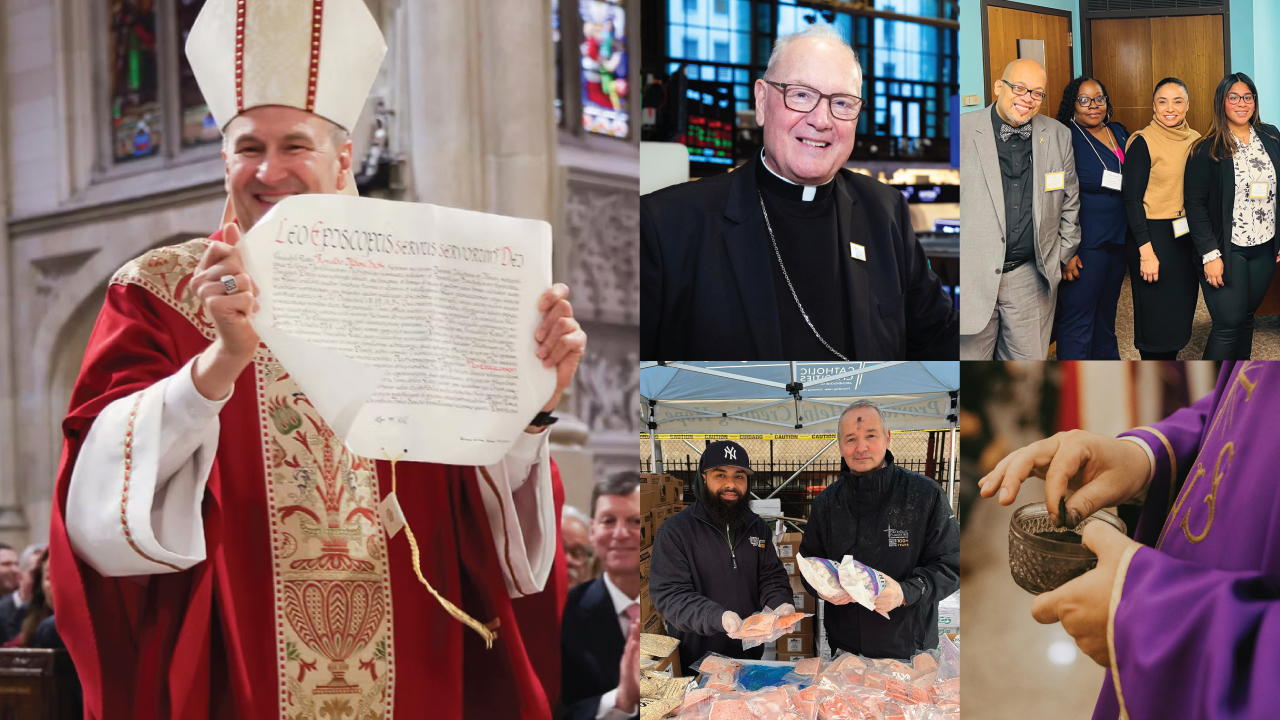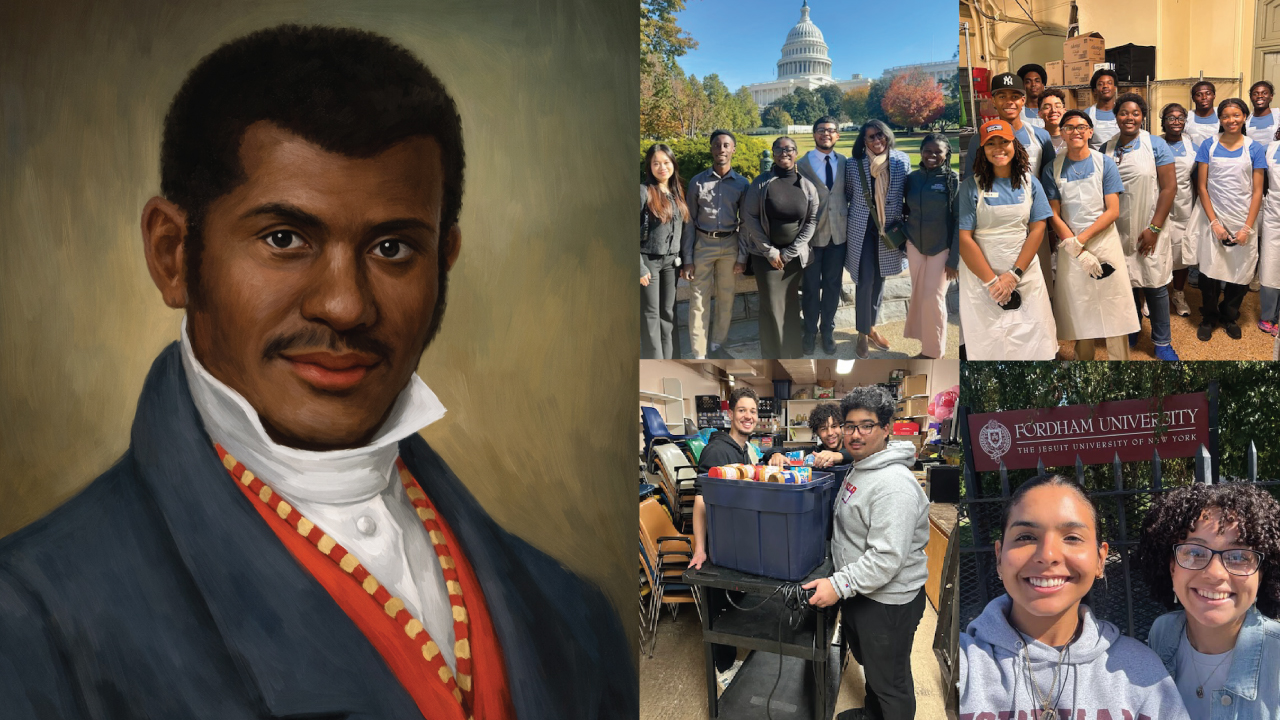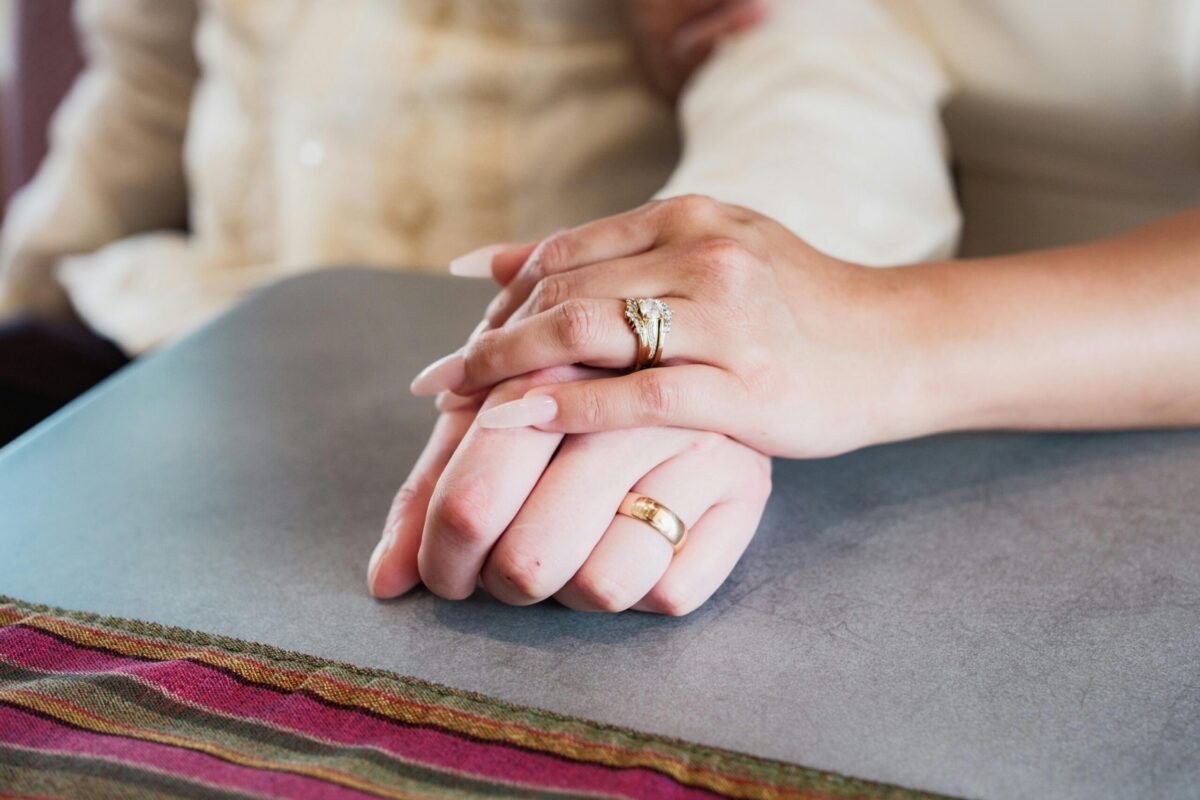As one of New York’s largest and most vital social-service providers, Catholic Charities of New York serves hundreds of thousands of individuals across the region every year. To continue this mission well into the future, the organization relies not only on immediate donations, but also on Planned Giving—gifts thoughtfully arranged during one’s lifetime to sustain the charity long after.
What Is Planned Giving?
Planned giving (also called legacy giving, or bequest giving, or estate giving, etc.) involves making a commitment now, often through a will, trust, retirement designation, or charitable contract, which benefits Catholic Charities of New York in the future. Not only does this secure your legacy, but it often provides tax advantages while you’re still living.
Types of Planned Gifts
- Bequests (Gifts by Will or Trust)
Leaving a fixed amount, percentage, or residual estate to Catholic Charities of New York through your estate plan. It costs nothing now and is simple to amend. - Beneficiary Designations from Retirement Plans
Naming Catholic Charities of New York as the beneficiary of your IRA, 401(k), or other retirement accounts. These pass outside probate and avoid income and estate taxes. - Charitable Gift Annuity (CGA)
You gift cash or appreciated securities to Catholic Charities of New York; in return, you receive fixed lifetime payments. You benefit from immediate tax deductions and possible capital gains advantages. - Charitable Trusts (Remainder or Lead Trust)
You establish a trust that supports you or loved ones for a period, then passes the remainder to Catholic Charities of New York. You may benefit from income tax reductions, capital gains avoidance, and planned support to heirs and charity. - Gifts of Real Estate or Appreciated Assets
Donate property, such as a bargain sale of real estate or stocks, bonds, or other non-cash assets. You receive an income-tax deduction for the gift’s value and avoid capital gains tax. - Life Insurance Gifts
Name Catholic Charities of New York as a beneficiary or transfer ownership of a life insurance policy. It offers flexibility and the potential for both current and future benefit.
Why It Matters to Catholic Charities of New York?
- Sustainability & Stability
Planned gifts lay the groundwork for long-term funding of essential services, like food programs, housing assistance, counseling, immigration support, and more. - Multiply Immediate Impact
Options like CGAs and charitable trusts can increase the real economic value of a gift, turning estate assets into effective lifetime income and legacy support. - Tax Efficiency for Donors
Donors often enjoy charitable income-tax deductions, bypassed capital gains, and reduced estate taxes, making planned gifts financially smart. - Personal Legacy
Planned giving offers a powerful way to align your values with your assets, whether it’s sustaining youth programs, sheltering the homeless, or enriching family legacy. - Recognition & Community
Donors become part of the Legacy of Help and Hope society, receive invitations to signature events, and leave a public testimony of their faithful impact.
How to Begin?
- Explore your tax, financial, and family priorities with an estate-planning adviser.
- Use tools like Catholic Charities’ Life Stage Gift Planner™ and request illustrations or eBrochures
- Contact Emily Chau, Director of Planned Giving, at 646‑794‑2018 or Emily.Chau@CatholicCharitiesNY.org confidentially and without obligation
- Share your plans with Catholic Charities of New York to help them steward your gift and honor your legacy.
In Summary
Planned giving is more than an act of generosity, it’s legacy in motion. It empowers donors to support Catholic Charities of New York in a way that maximizes charitable impact, honors personal values, and maintains financial prudence. Through bequests, annuities, trusts, and asset gifts, you can help ensure that help and hope endure across generations, leaving a living legacy that echoes far into the future.







![©[zaid isaac] via Pexels.com](https://catholiccharitiesny.org/wp-content/uploads/2025/01/What-Is-Planned-Giving-—-And-Why-It-Matters-for-the-Future-of-Catholic-Charities-of-New-York.jpg)




